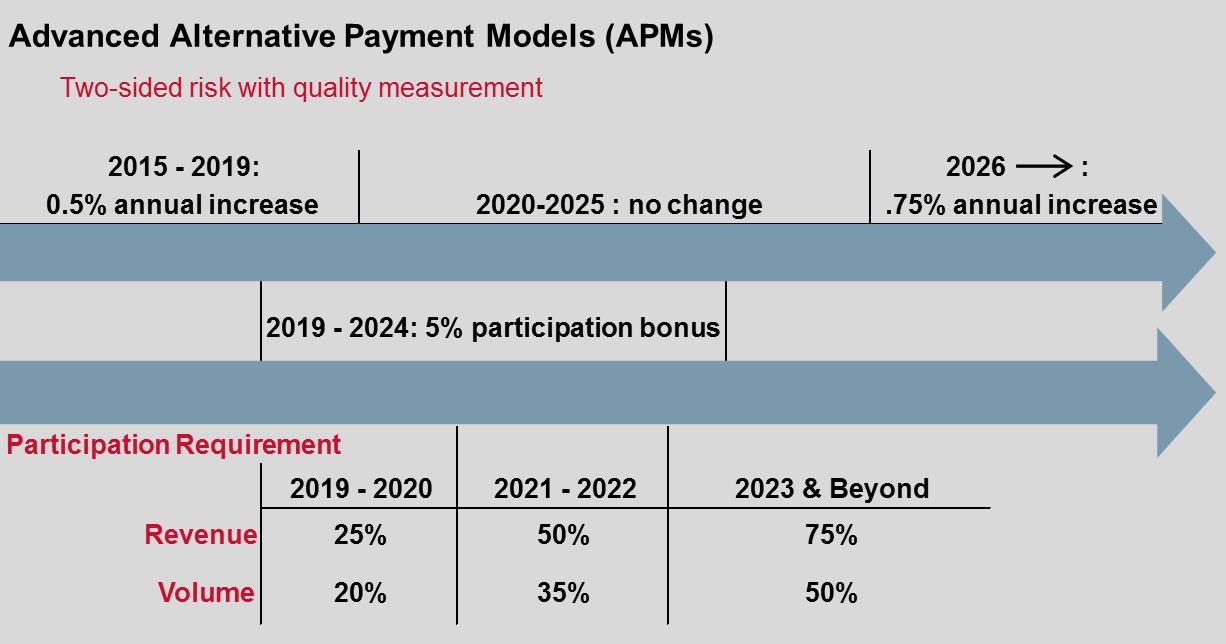The old adage, "Money can make you do crazy things," can easily be applied to both our personal and business lives. Within the healthcare industry, HITECH incentive payments were offered by the U.S. government several years ago to implement electronic health record (EHR) systems at hospitals and other healthcare organizations. In order to qualify for these incentive payments, healthcare organizations were required to carry out regular security risk assessments to show they were meeting the HIPAA Security Rule requirements. While a large number of healthcare organizations properly followed the rules and carried out the security risk assessment required, a select number received the incentives without doing so.
Continue reading >













